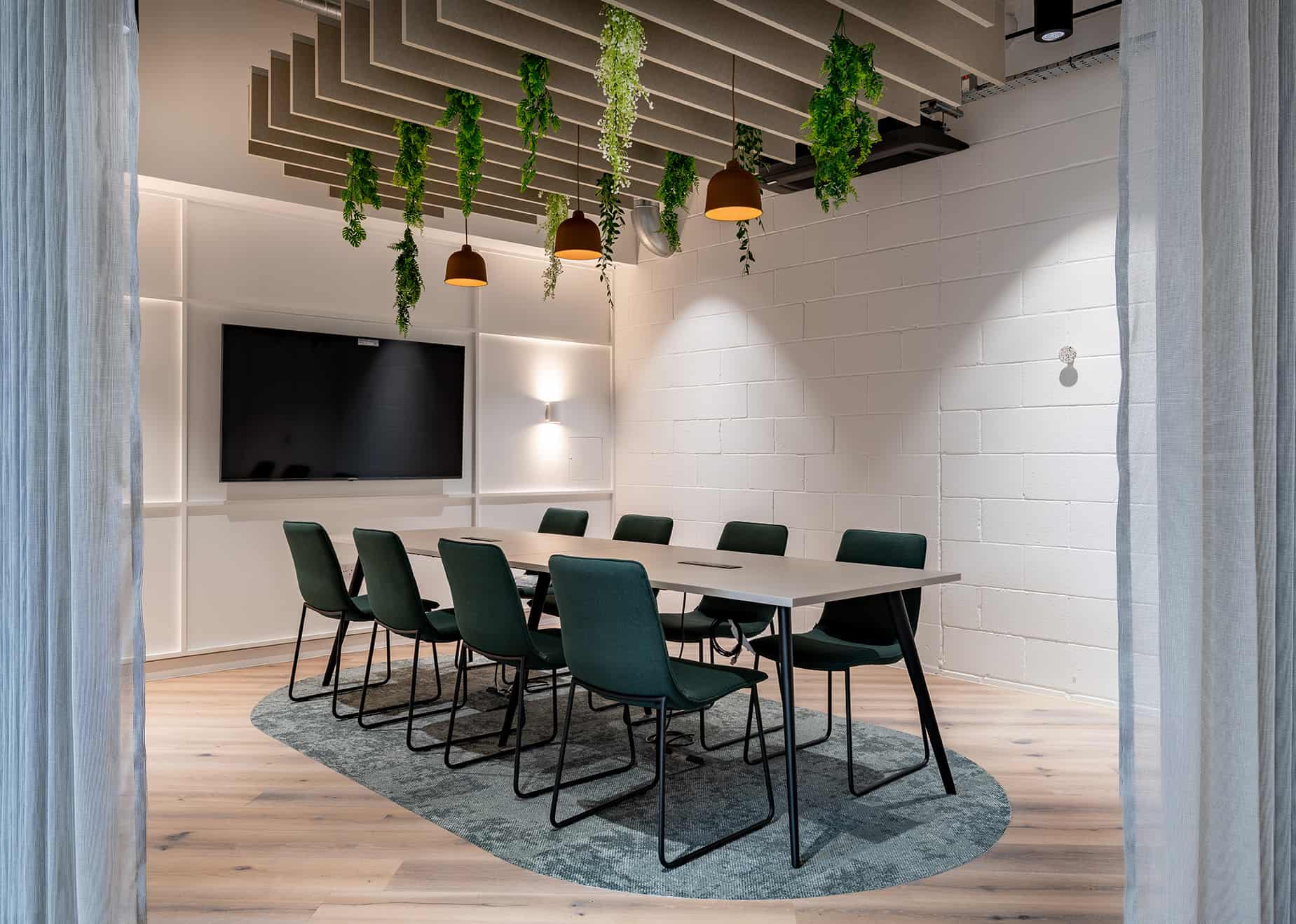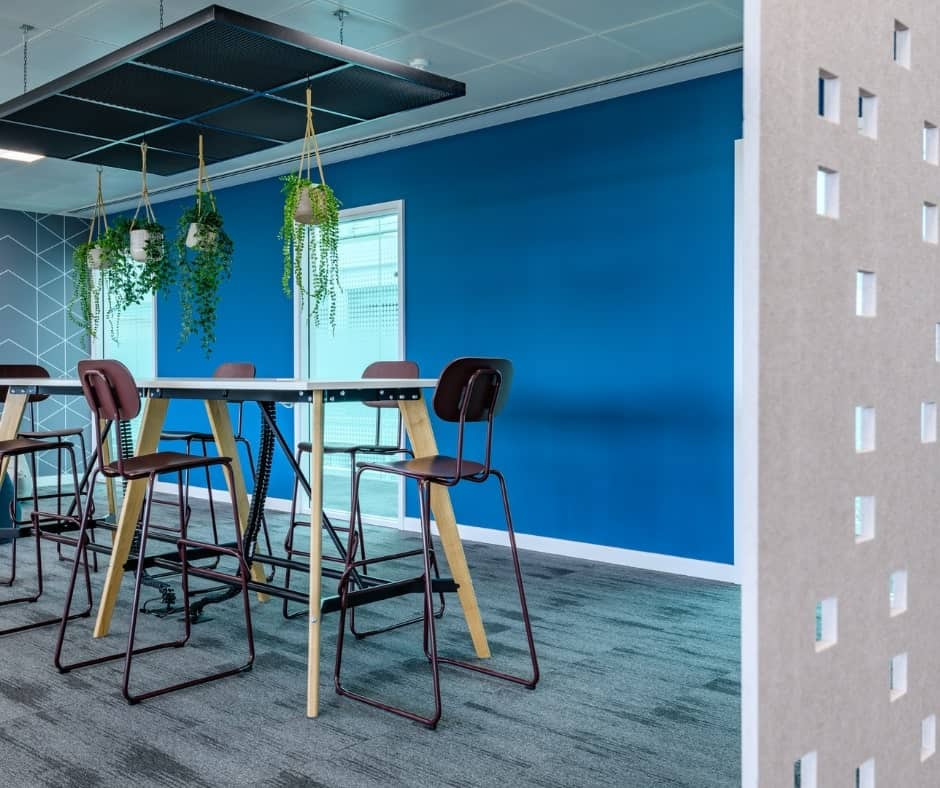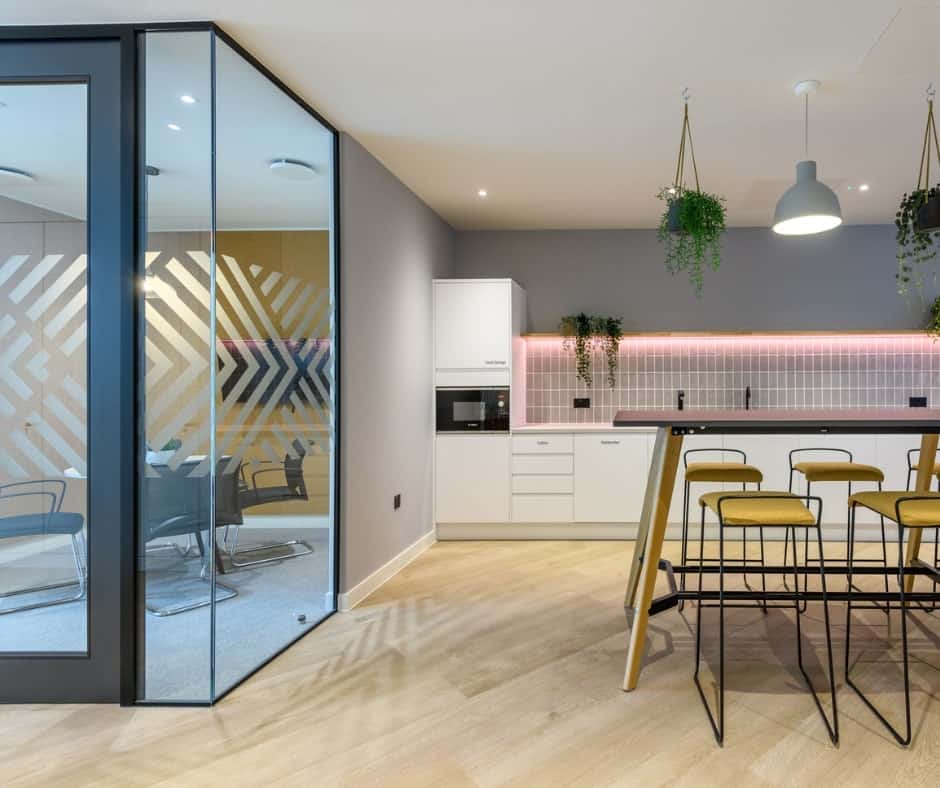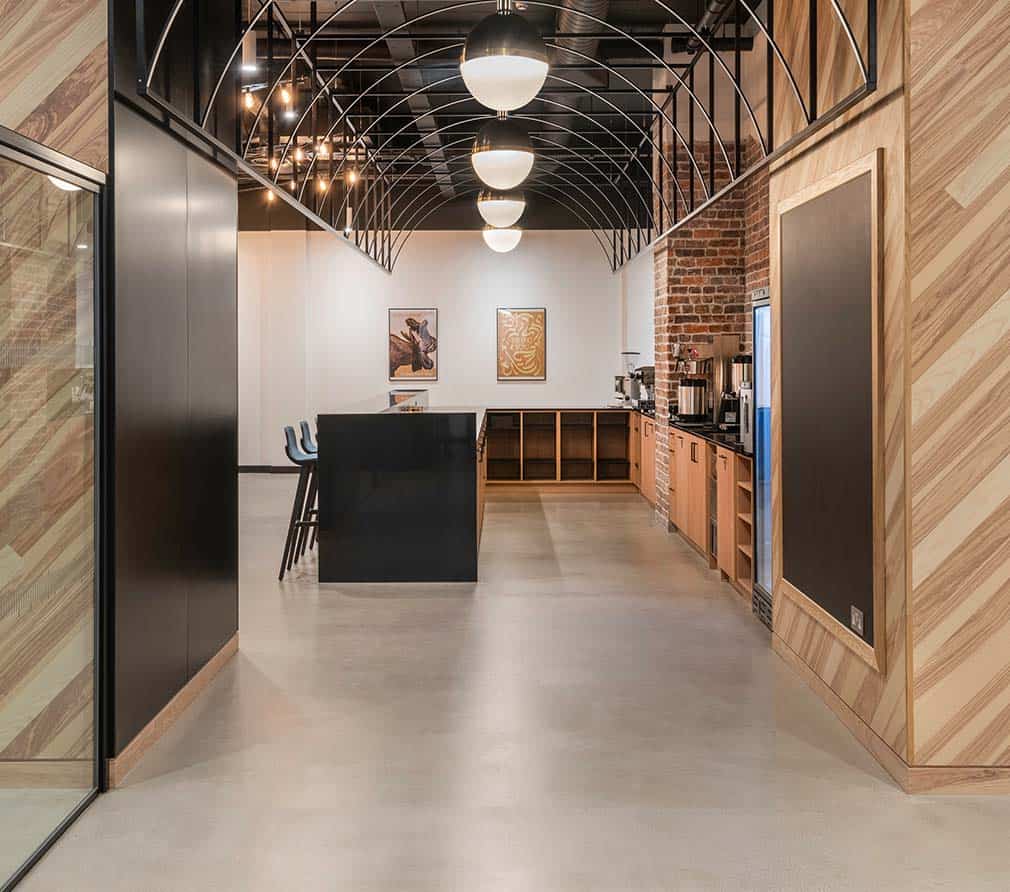By now, we all know the importance of sustainability. From an environmental perspective, at least. Globally, temperatures are rising, and even just a small two degree increase could have catastrophic, long term impacts in the near future.
In the UK, we’re on a mission to limit the temperature increase by reducing greenhouse gases in the atmosphere. And this means we all need to be making more responsible, more sustainable decisions. At home, and in the workplace.
The good news is that most businesses are beginning to make some small changes. From introducing office recycling bins in a bid to reduce waste, to searching for greener alternatives to traditional business processes and core office essentials.
However, sustainability isn’t just an opportunity. It can be a big challenge, too.
We Would If We Could…
Unfortunately, few businesses are venturing further down the sustainability path than just the basics. While encouraging recycling and searching for green alternatives are relatively simple, other methods of boosting sustainability require a bit more thought.
Faced with the need to invest time and resources into going further, many are calling time on their sustainability initiatives. They’re saying… ‘we would if we could’.
Until now, that hasn’t really done businesses any harm. In fact, saying ‘we would if we could’ has enabled businesses to show that they’re interested in sustainability, and that they understand its importance, but that they simply aren’t in a position right now to take their commitment to sustainability any further than they are doing.
Today, however, it’s not enough. In 2023, customers are no longer accepting of excuses. Customers want to partner with businesses that aren’t just talking about what they’d like to do but are actually taking action to make these things happen.
Shifting Customer Expectations
Reports show that customer expectations and preferences are changing rapidly. Deloitte notes that the number of people adopting more sustainable lifestyles has risen sharply over the past year, impacting what these individuals are looking for during the purchasing journey. Price alone is not enough. They want sustainability.
And customers aren’t just looking to make more sustainable choices when it comes to the products they buy, but in who they buy from. They want sustainable partners.
In fact, surveys show that 4 in every 5 people are more likely to choose a company that is able to demonstrate that it’s taking a positive approach to sustainability.
This means that, today, ‘we would if we could’ isn’t enough. Businesses need to be acting on their sustainability plans – now – to remain competitive in the market.
Communicating Your Values
Of course, not only is it important for businesses to take action, but to be able to effectively communicate this action, and this commitment to doing more. Customers must be able to see how organisations are approaching sustainability.
Your office design plays a major role in this communication.
We often think about office design as being about aesthetics. But it’s about more than that. Office design says a lot about your business; about who you are, and about what you value. It communicates your message, without you saying a word.
A sustainable design represents sustainable values. It’s more than just a mission statement; it’s tangible proof of a commitment to operating responsibly, and to doing your part to protect the future of our planet. By overlooking the power of design, businesses are missing a unique opportunity to connect with their customers.
At SPACE, we’re here to help you turn ‘we would if we could’ into ‘we can and we are’. Contact us to learn more about incorporating sustainability into your design.








